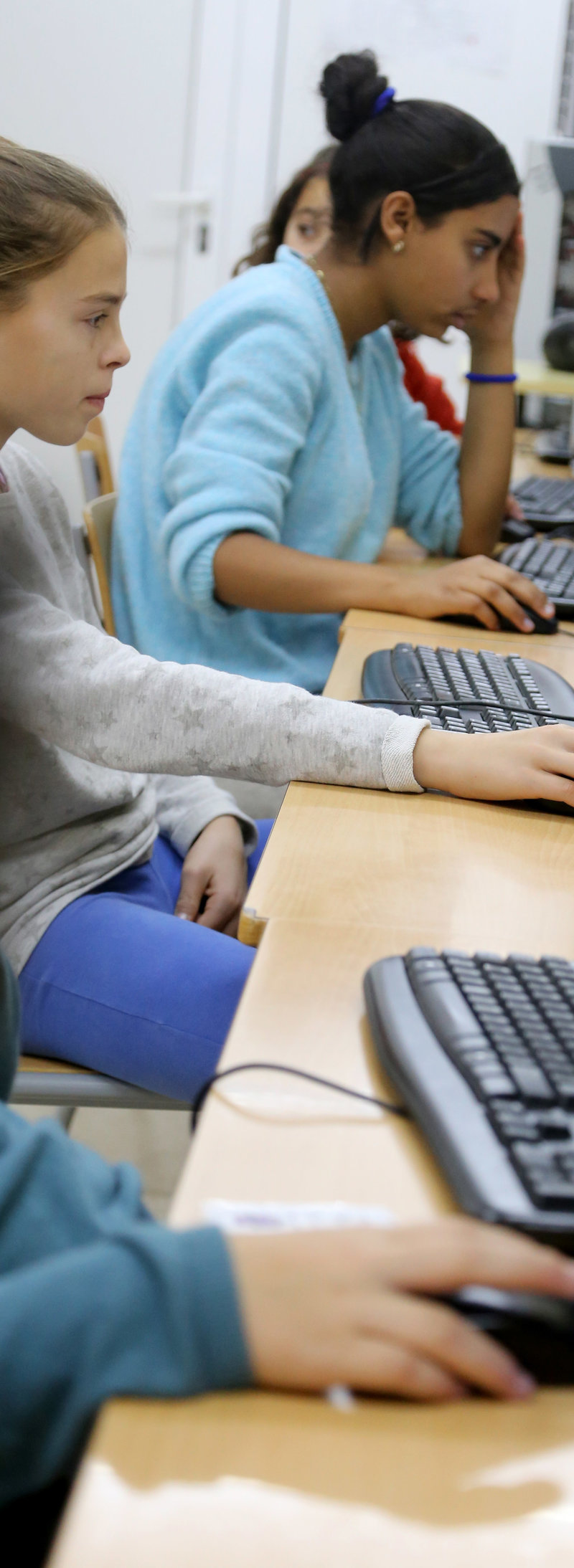THE LAST WORD
FINDING A WAY WITH WORDS
Surely there is a correlation between putting hours into a skill and the level of proficiency you gain in that skill? Yet, we are constantly hearing how their English level, for example, is way below that of children in other European countries
I have kids still in school and so I inevitably compare their educational experience with my own. Obviously, given that I went to school in another country and in another century, there are not many points of comparison. In fact, one of the largest differences I have noticed is the emphasis that the curriculum and the school put on different subjects.
Being an artsy kid, I struggled with science and technical subjects, and suffered through many hours of maths, physics, chemistry, biology, geography, and so on. Meanwhile, my kids seem to spend much less time on these types of subjects and often study them bundled together. On the other hand, they do many hours of language classes – English, Spanish and Catalan – while at my school English was not taught as if it were a language subject, with grammar lessons for example, and attending French or Spanish classes was for most of us just an obligation we abandoned as soon as we could.
It naturally makes one wonder which approach is best, or whether either shows the right balance. Whatever the case, I suspect the reasons why our kids do so much language at school is not purely academic in nature. It is true that Catalonia having two co-official languages requires proper instruction in those languages, and it is also true, given the importance of English in a 21st-century globalised world, that we want our children to leave school with the best level in that language as possible.
Yet, it doesn’t quite add up for me. Surely there is a correlation between putting hours into a skill and the level of proficiency you gain in that skill. However, despite the many hours of language classes our children do, we are constantly hearing how their English level, for example, is way below that of children in other European countries.
So what’s going wrong? Whether we know the answer or not, at least the question is being addressed. In this issue, we have a feature about a Catalan government programme called Avancem, which aims to boost language learning in schools, not just through increasing the number of hours kids spend in class, but by attempting to integrate the teaching of languages in the schools taking part, as well as encouraging greater coordination between language teachers. The programme also provides specific training for the teachers and materials they can use. While it is just a pilot project, so far the results have been encouraging.
In this issue we also have an interview with a university professor whose research focuses on language learning. Apart from debunking some myths about acquiring languages, she explains exactly how children go about learning languages, the mechanisms in the brain, and the conditions needed for their learning to be a success. If you haven’t already done so, go and check them out.
We have seen how school curriculums can often reflect the political concerns of the authorities, for example, or follow teaching trends that later prove to be less useful than first thought. In short, what we expect from our schoolchildren is often based on ideas that lack scientific rigour. However, reading our coverage of language learning this month gives me hope that how we are beginning to handle the issue, which takes up so much of our children’s time and effort, is finally being moved in the right direction .


